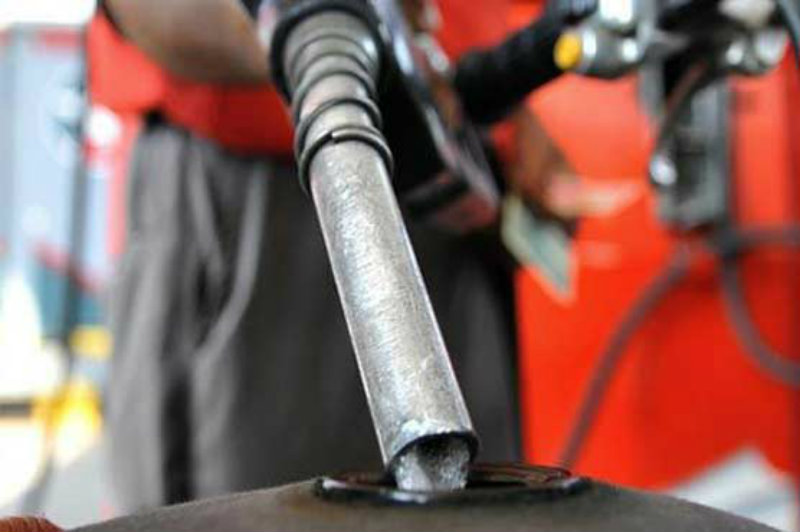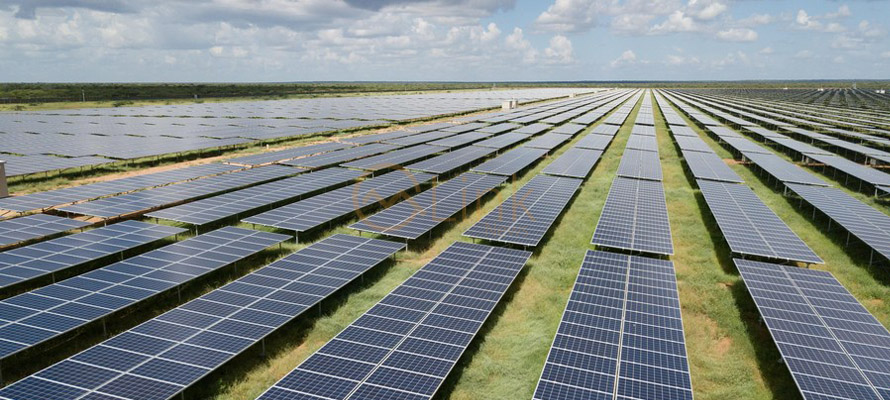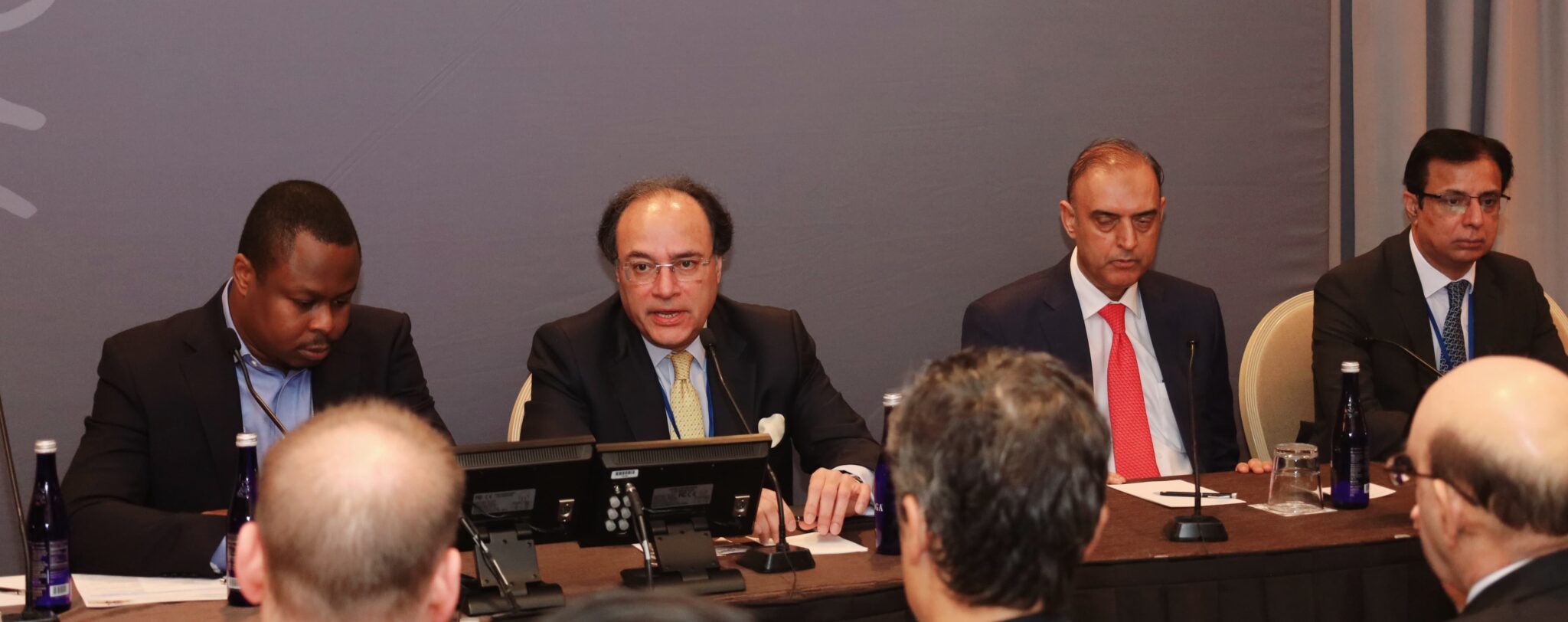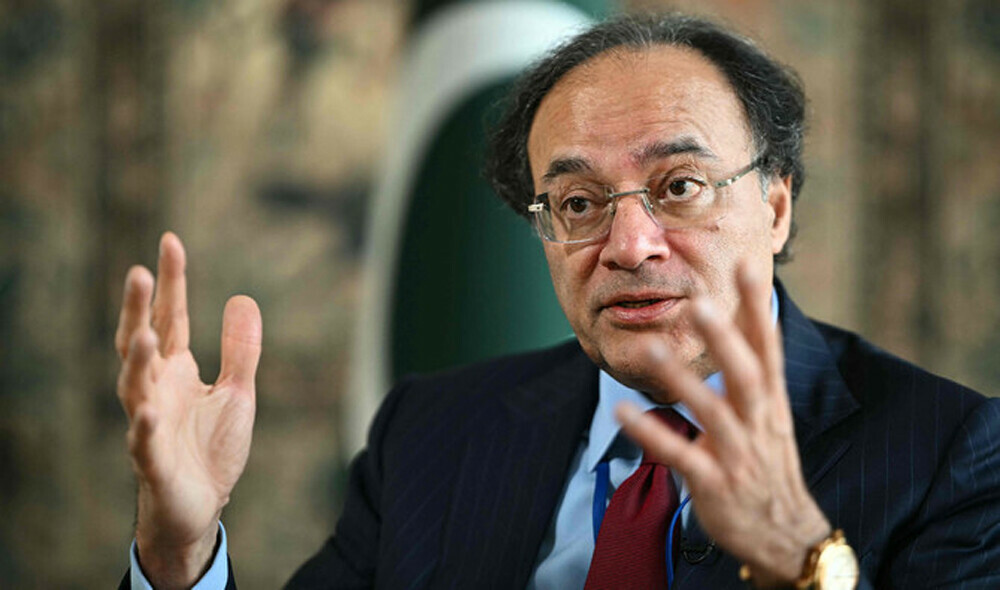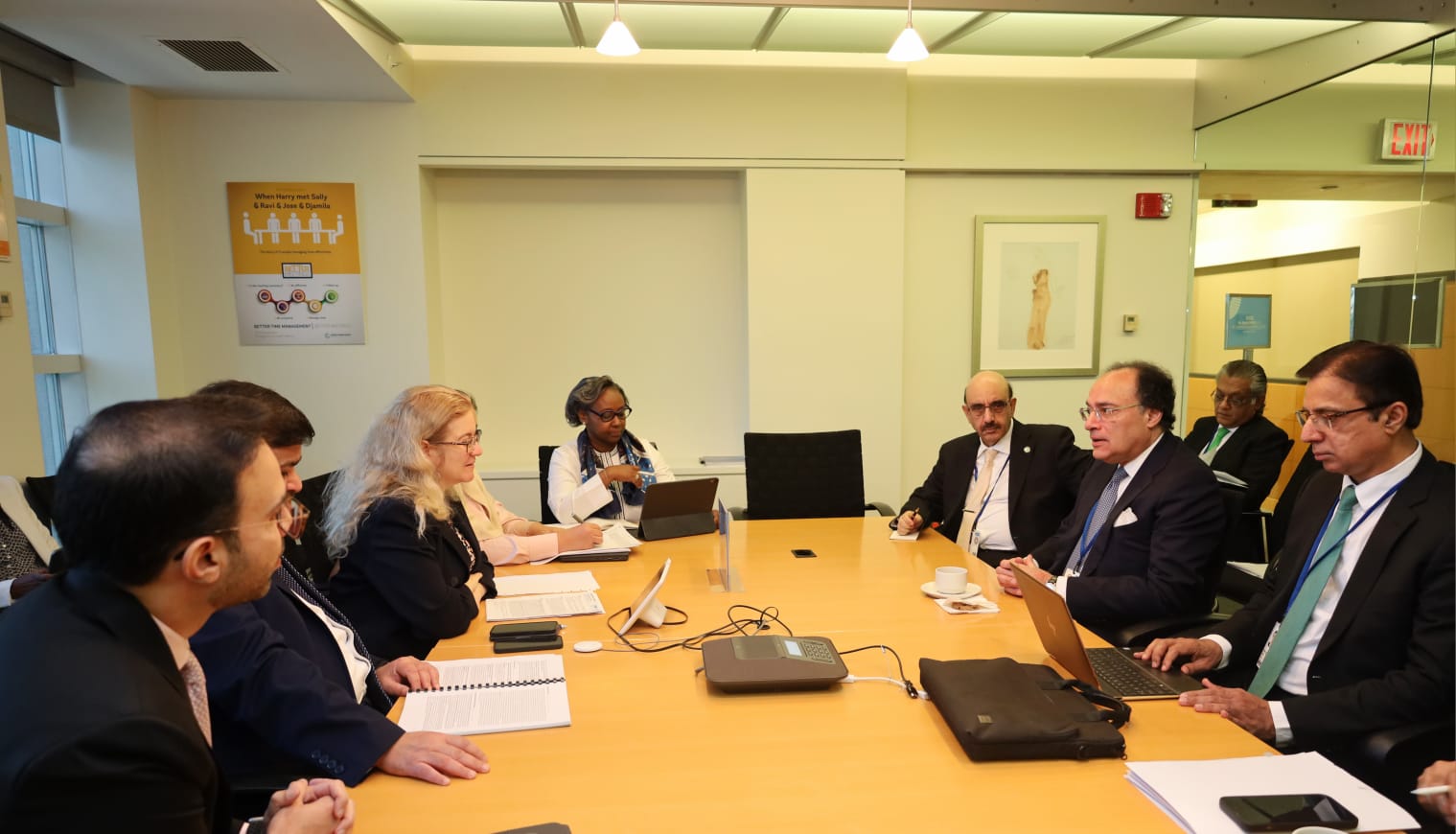February 25, 2020: Cognizant of the modern time needs and environmental issues, the government has started working on a strategy to import Euro-IV and V standard fuel conforming to the latest vehicles and tackle environmental issues like smog & air pollution.
“Currently, Euro-II & III standard petrol is available in the country, while we are making efforts to start importing Euro-IV & V standard fuel in the year 2020 to meet needs of the latest vehicles and tackle environmental issues,” a senior official of the Petroleum Division informed the National Assembly Standing Committee on Energy during a recent meeting.
The official said the Sulphur content in fuel was being reduced to minimum level, besides ensuring the recommended level of manganese additive in petroleum.
She said a car manufacturing company, which had filed a complaint of the higher-than-recommended level of manganese additive in fuel, had appreciated the government for taking remedial measures and resolving the issue.
Meanwhile, a senior official privy to petroleum sector developments told APP that the government was making all-out efforts to upgrade existing oil refineries and establish new deep conversion facilities for meeting the country’s fuel requirements smoothly.
The official said an unprecedented incentive package was in place for setting up new deep conservation of oil refineries, enabling them to import machinery, vehicles, plants and equipment, and other materials.
Elaborating the government efforts to achieve self-sufficiency in the oil refining sector, he said, Byco Oil Pakistan Limited (Byco) had established an Oil Refinery at Hub, Balochistan, having the capacity to purify 120,000 Barrel Per Day (5 million tons/annum) at a cost of $ 400 million.
Byco has also installed Single Buoy Mooring (SBM) facilities for transportation of imported Crude Oil and petroleum products from ships to the storage tanks. The capacity of the said facility is 12 M. tons per annum.
Similarly, Attock Refinery Limited (ARL) has started producing Euro-II (0.05 % Sulphur HSD), besides it installed isomerization plant and enhanced the production of Motor Gasoline.
While Pakistan Refinery Limited (PRL) has installed the isomerization plant in 2016 and since then has doubled its production of Motor Gasoline.
Whereas, Pak Arab Refinery Limited (PARCO) is implementing its Coastal Refinery project at Khalifa Point, near Hub, Balochistan, which is a state-of-the-art refinery having a capacity of 250,000 barrels per day (over 11 million tons per annum) with an estimated cost of over $ five billion.
Besides, the official said, “Currently, around six projects, investment initiatives and proposals in the oil refining sector are in pipeline and at different stages to purify around 1.110 million Barrel per Day (BPD).”
Sharing details, he said an oil refinery and petrochemical complex of 300,000 BPD oil capacity would be set up at Gawadar, Balochistan; PARCO would install 250,000 BPD Coastal Refinery at Hub, Balochistan; SINO Infrastructure Hong Kong Oriental Times Corporation Ltd (SIOT) would establish 250,000 BPD Gwadar Refining and Industrial Park, Upcountry Deep Conversion Refinery and Crude Pipeline of 250,000-300,000 BPD oil would be set up in collaboration with Pakistan State Oil and Power China International Group, Falcon Oil Private Limited to set up 40,000 BPD oil refining facility at Dera Ismail Khan and Khyber Pakhtunkhwa Khyber Refinery Limited would establish the facility to purify 20,000 BPD oil in Kohat.
He said the government was also planning to upgrade Pakistan Refinery Limited (PRL) with an estimated cost of $ one billion aimed at achieving self-sufficiency in the refining sector and bringing down the oil import bill.
At present, the official said, around 55 percent needs of diesel and petrol were being met through the import of petroleum products in finished form, while 40 to 45 percent of requirements were fulfilled by refining the crude oil at domestic facilities.
APP
32989



